Refugees who went on to change the world
Throughout history, many individuals have overcome the challenges of displacement to leave an indelible mark on the world. Refugees often bring unique perspectives and talents that can inspire change and innovation.
This article celebrates the achievements of some extraordinary figures who started as refugees and went on to make significant contributions in their respective fields. Their stories are not only a testament to resilience but also a reminder of the potential that lies within every individual, regardless of their origins.
Albert Einstein: Revolutionizing Science
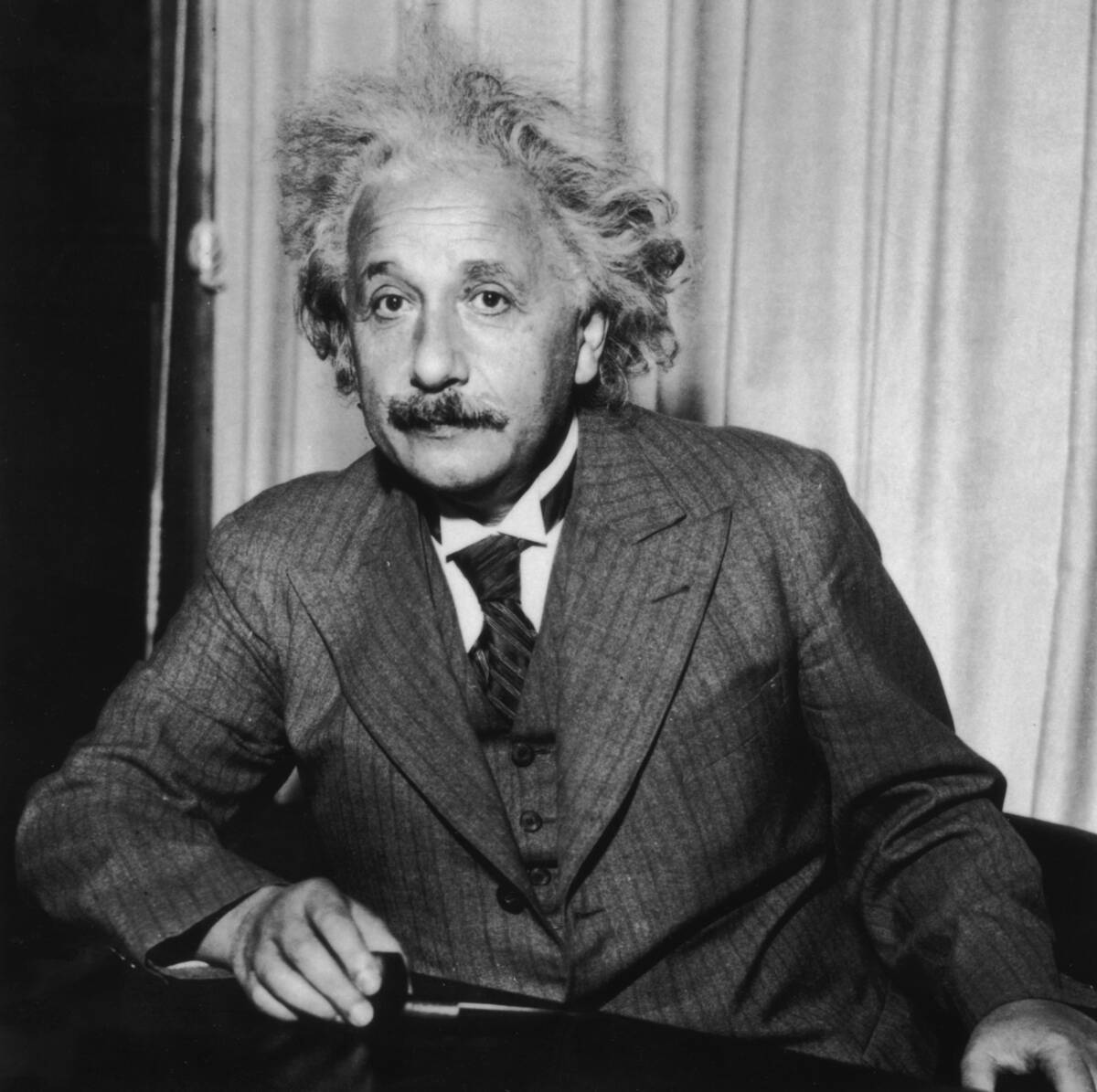
Albert Einstein fled Nazi Germany in 1933, seeking refuge in the United States. Known for his groundbreaking work in theoretical physics, Einstein developed the special theory of relativity, fundamentally changing our understanding of space, time, and energy.
His famous equation, E=mc², has become synonymous with scientific innovation. Beyond his scientific achievements, Einstein was a vocal advocate for civil rights, demonstrating that his impact extended far beyond the realm of science.
Madeleine Albright: A Diplomat Extraordinaire
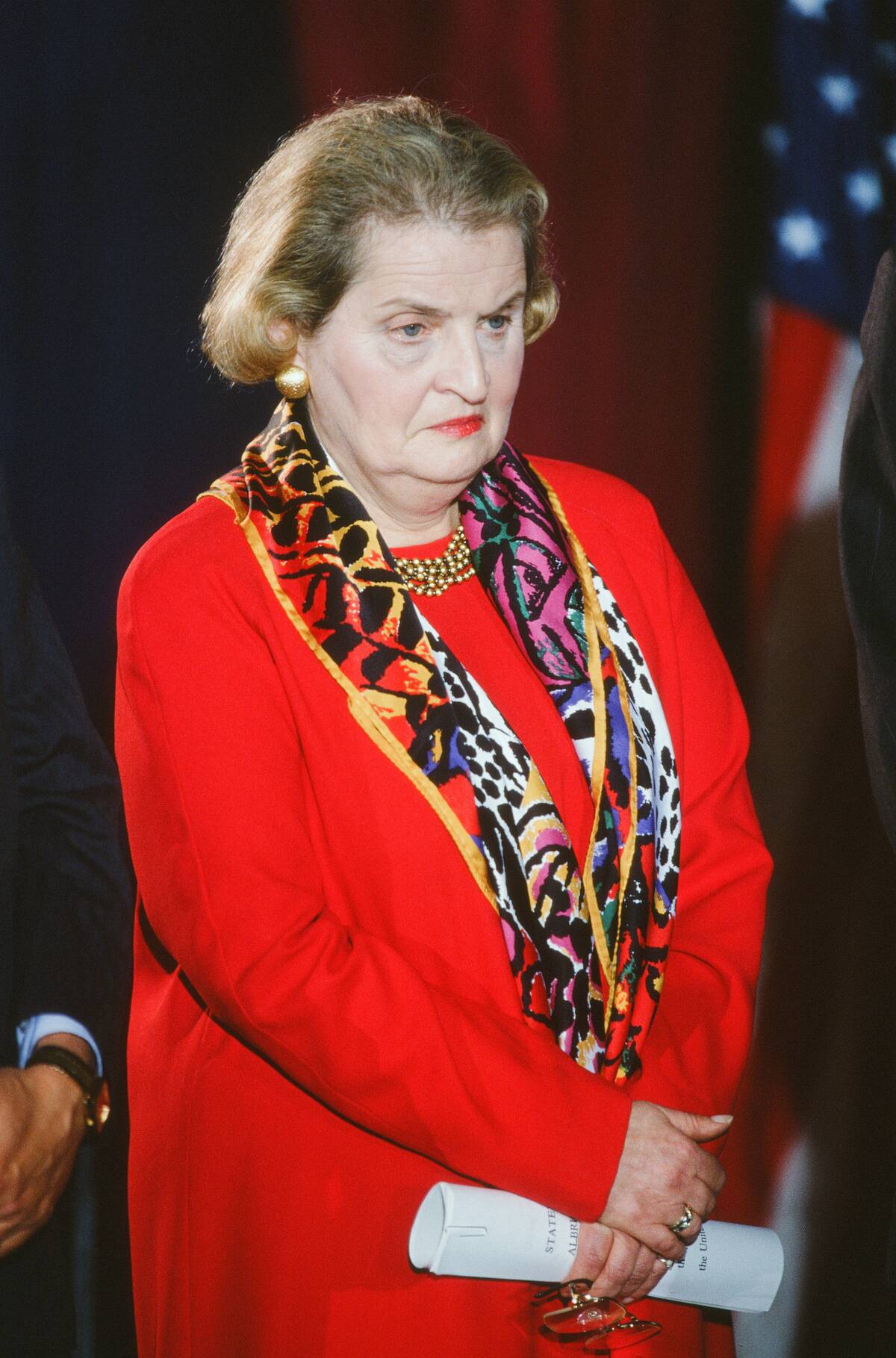
Born in Czechoslovakia, Madeleine Albright and her family fled to the United States after the Communist coup in 1948. She became the first female U.S. Secretary of State, serving under President Bill Clinton.
Albright played a crucial role in expanding NATO and advocating for the U.S. intervention in the Balkans to halt ethnic cleansing. Her diplomatic prowess and commitment to democracy have left a lasting legacy in international relations.
Gloria Estefan: A Beacon of Hope and Rhythm
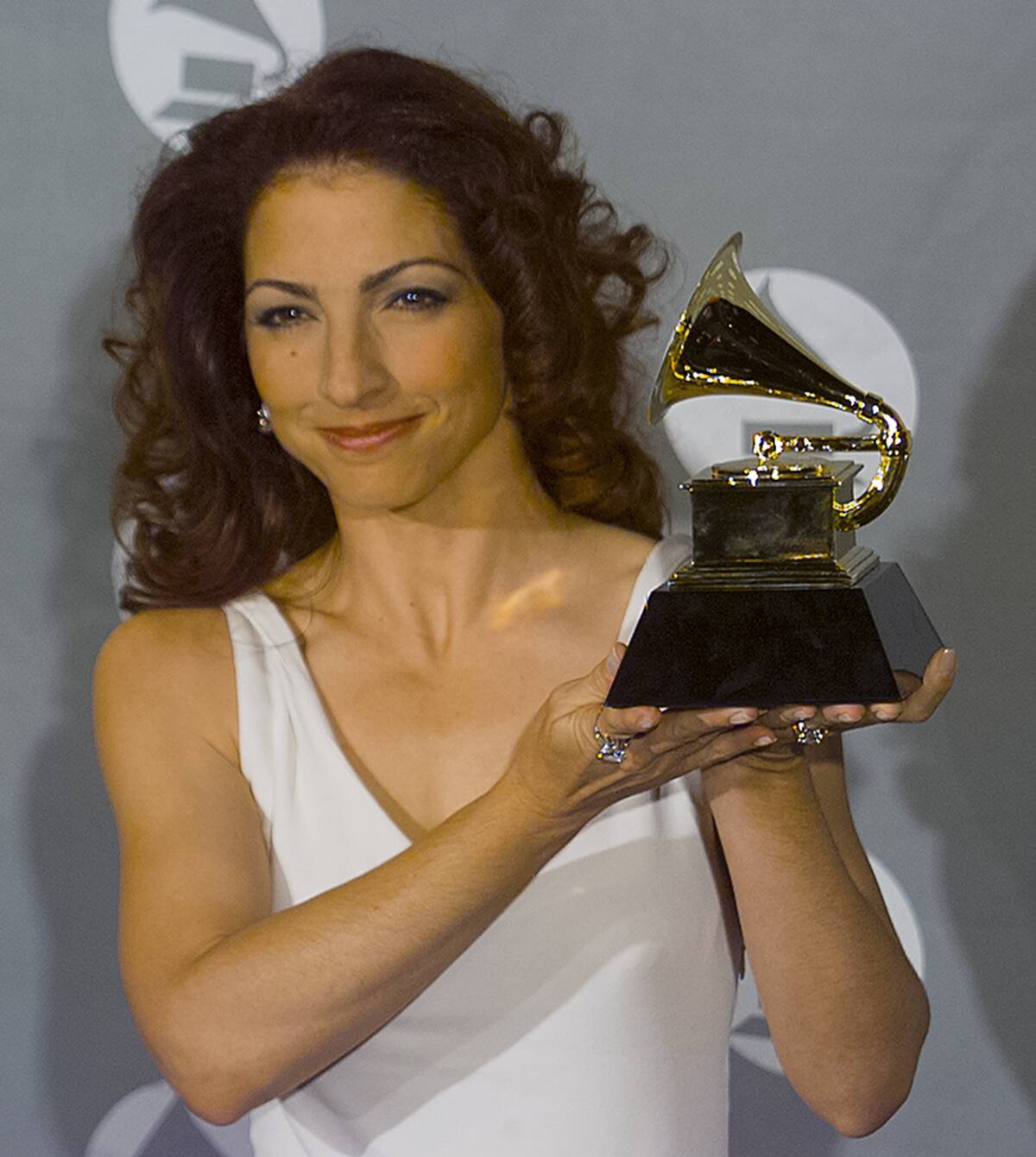
Cuban-born Gloria Estefan fled to the United States with her family during the Cuban Revolution. As the lead singer of Miami Sound Machine, she brought Latin music to the forefront in the 1980s with hits like ‘Conga’ and ‘Rhythm Is Gonna Get You.’
Estefan’s success paved the way for future Latin artists in mainstream music. Her philanthropic efforts, particularly in education and disaster relief, further demonstrate her commitment to giving back to the community.
Marlene Dietrich: The Iconic Actress and Humanitarian
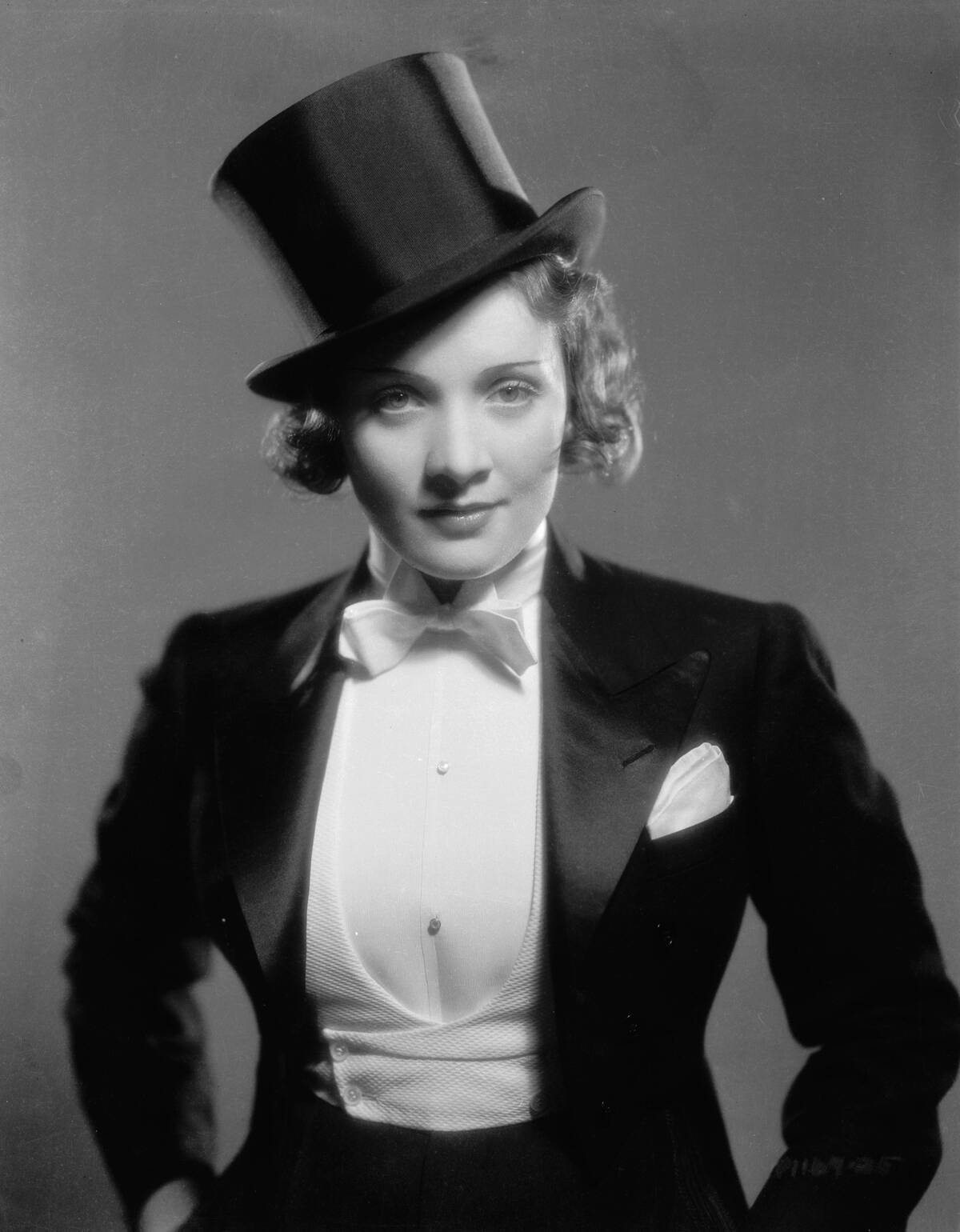
Marlene Dietrich, born in Germany, moved to the United States in 1939, staunchly opposing the Nazi regime. She achieved fame in Hollywood with her roles in films like Morocco and Destry Rides Again.
Beyond her acting career, Dietrich was a dedicated humanitarian, entertaining troops during World War II and working with the USO. Her courage and defiance against tyranny made her not just a film icon but also a symbol of resistance and compassion.
Iman: Supermodel and Philanthropic Pioneer

Iman, born in Somalia, fled to Kenya during the 1972 coup before immigrating to the United States. She became one of the first African supermodels, breaking barriers in the fashion industry.
Iman’s influence extends beyond the runway as she founded a successful cosmetics line catering to women of color. Her philanthropic work, particularly in Africa, focuses on health care and education, underscoring her commitment to making a positive impact in the world.
Victor Hugo: The Literary Genius
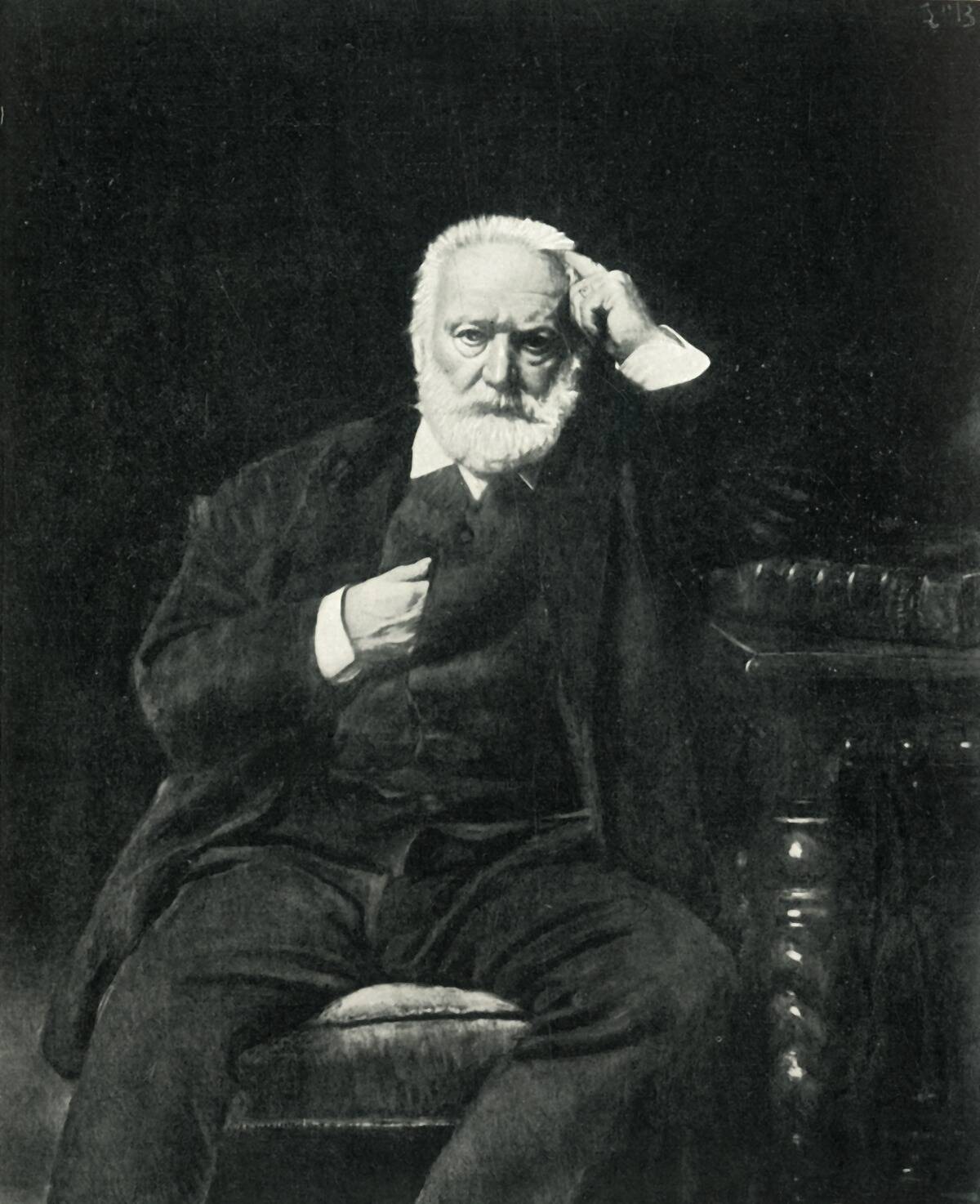
Victor Hugo, one of France’s most esteemed writers, spent years in political exile due to his opposition to Napoleon III. During his time in exile, Hugo penned some of his most famous works, including Les Misérables and The Hunchback of Notre-Dame.
His novels, rich in social and political commentary, championed the rights of the oppressed. Hugo’s legacy as a literary giant continues to inspire generations with themes of justice and humanity.
Sergey Brin: Tech Innovator and Google Co-founder
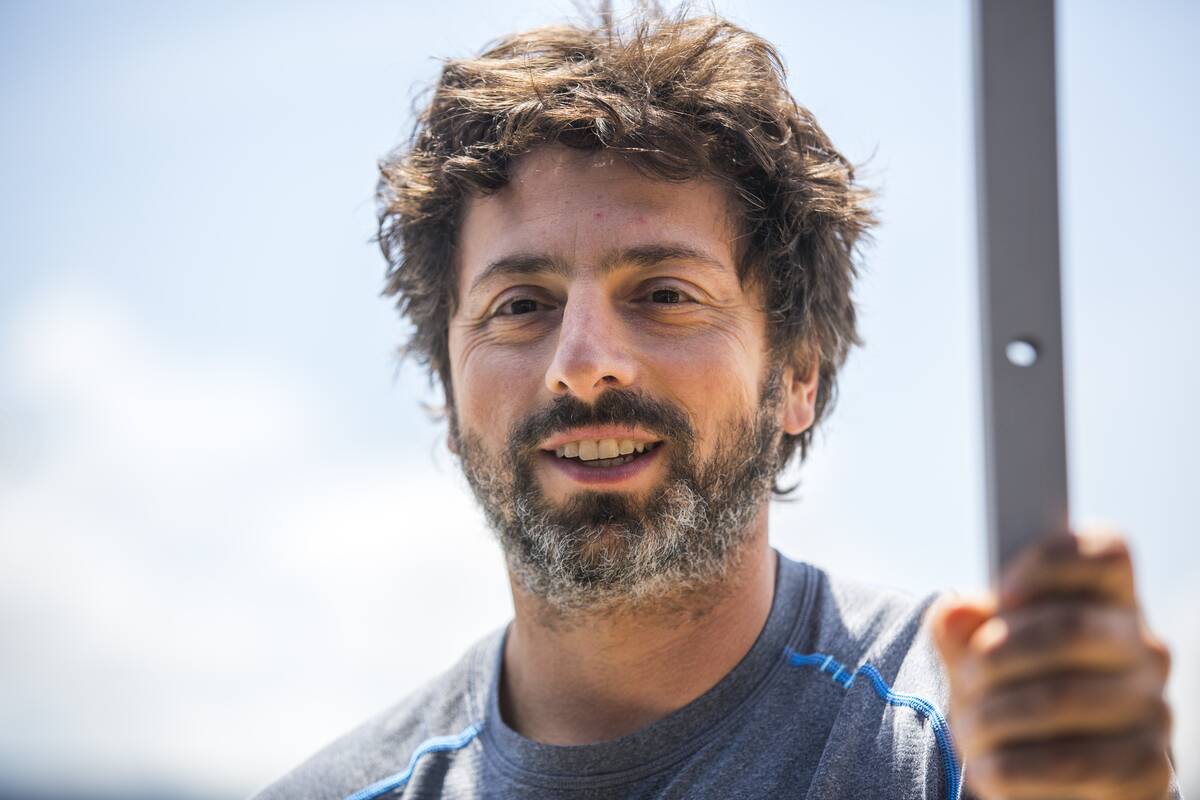
Sergey Brin emigrated from the Soviet Union to the United States with his family, escaping anti-Semitic policies. As a co-founder of Google, Brin revolutionized how information is accessed and disseminated worldwide.
His work in developing Google’s search engine has fundamentally transformed the internet landscape. Beyond technology, Brin is involved in various philanthropic efforts, focusing on education and climate change, reflecting his vision for a better world.
Hannah Arendt: The Philosopher of the Modern Age
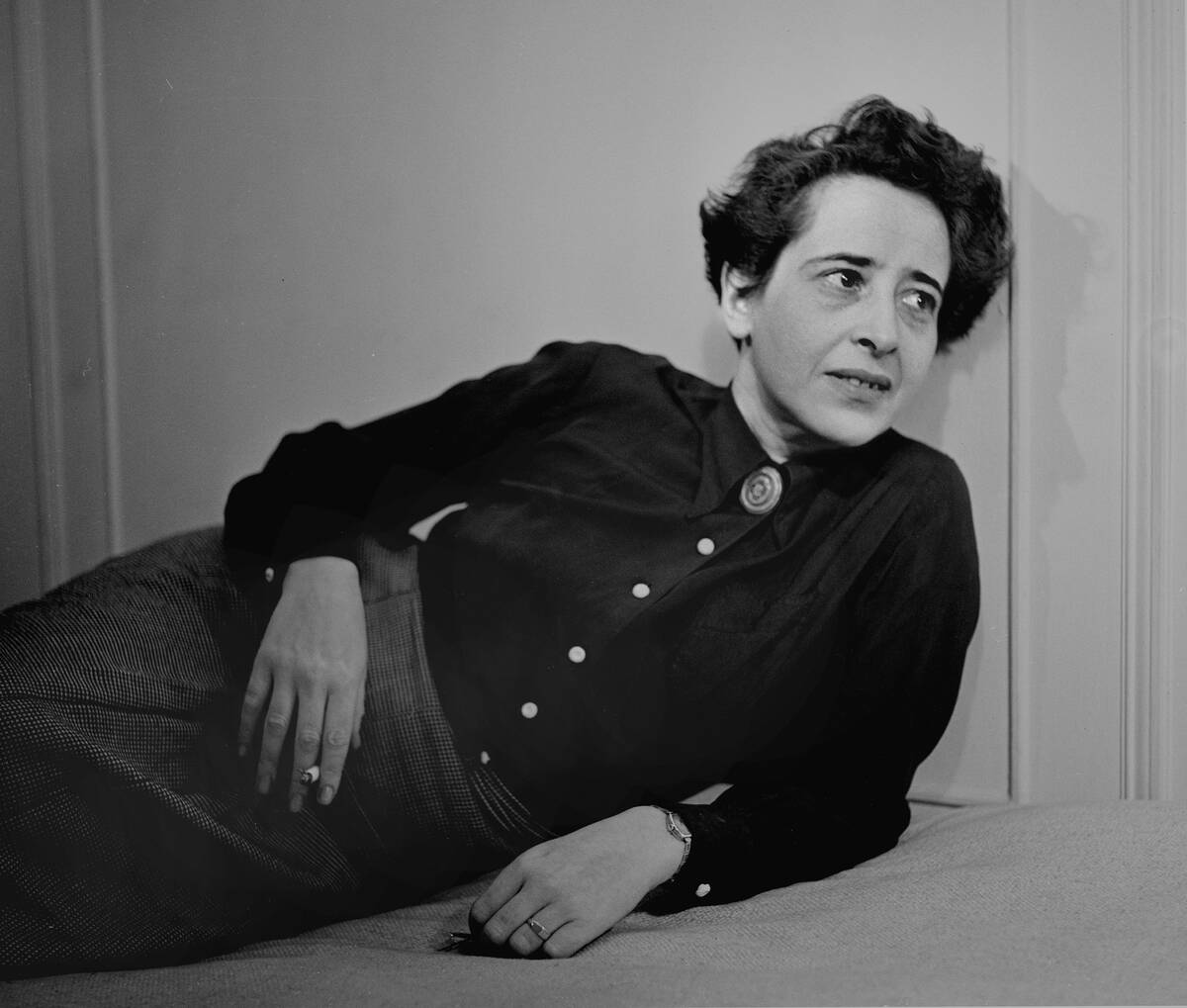
Hannah Arendt, a German-born Jew, fled the rise of the Nazi regime, eventually settling in the United States. As one of the most influential political theorists of the 20th century, Arendt’s works, such as The Origins of Totalitarianism and Eichmann in Jerusalem, explored the nature of power, evil, and democracy.
Her insights into the human condition and totalitarianism continue to resonate, offering profound reflections on the complexities of modern society.
Luol Deng: Basketball Star and Community Leader

Luol Deng, originally from South Sudan, fled the country’s civil war and eventually settled in the UK. He became a professional basketball player in the NBA, known for his versatility and defensive prowess.
Deng’s impact extends beyond the court, as he actively supports various charitable causes, including the Luol Deng Foundation, which focuses on providing sports opportunities for young people in Africa and the UK. His efforts in philanthropy highlight the potential for sports to foster positive change.
Chinua Achebe: An Author Who Gave Africa a Voice
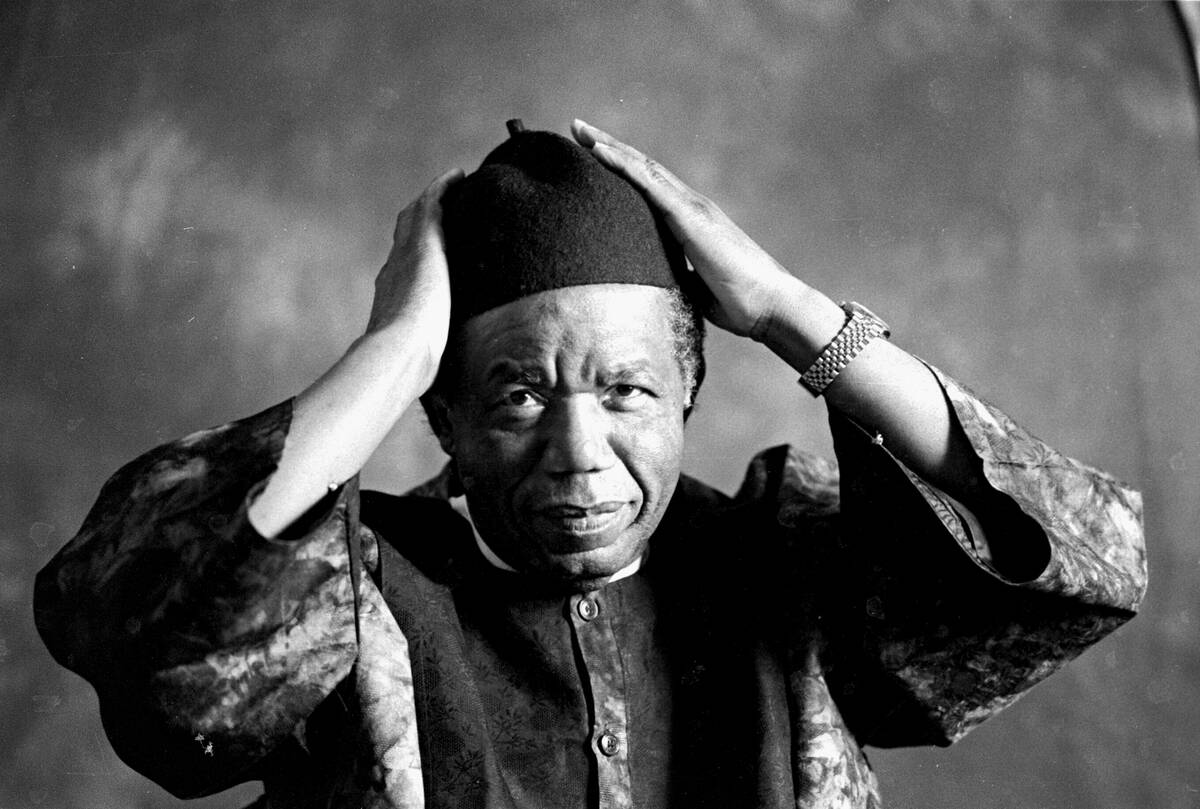
Nigerian author Chinua Achebe fled political unrest in Nigeria during the Biafran War. His novel, Things Fall Apart, is one of the most widely read books in African literature, offering a profound critique of colonialism and its effects on African societies.
Achebe’s storytelling highlighted African voices and perspectives, challenging stereotypes and redefining the literary landscape. His legacy as a pioneering author continues to inspire writers worldwide, advocating for cultural understanding and truth.
Rita Ora: Pop Sensation and Fashion Icon

Rita Ora, born in Kosovo, fled to the UK with her family due to the Kosovo War. She rose to fame in the music industry with hits like ‘Hot Right Now’ and ‘Anywhere.’
Ora’s distinctive style and powerful voice have earned her a place in the pop music spotlight. Beyond her musical career, she is known for her fashion-forward appearances and has become a style icon, influencing trends and inspiring fans globally.
Freddie Mercury: The Voice That Rocked the World
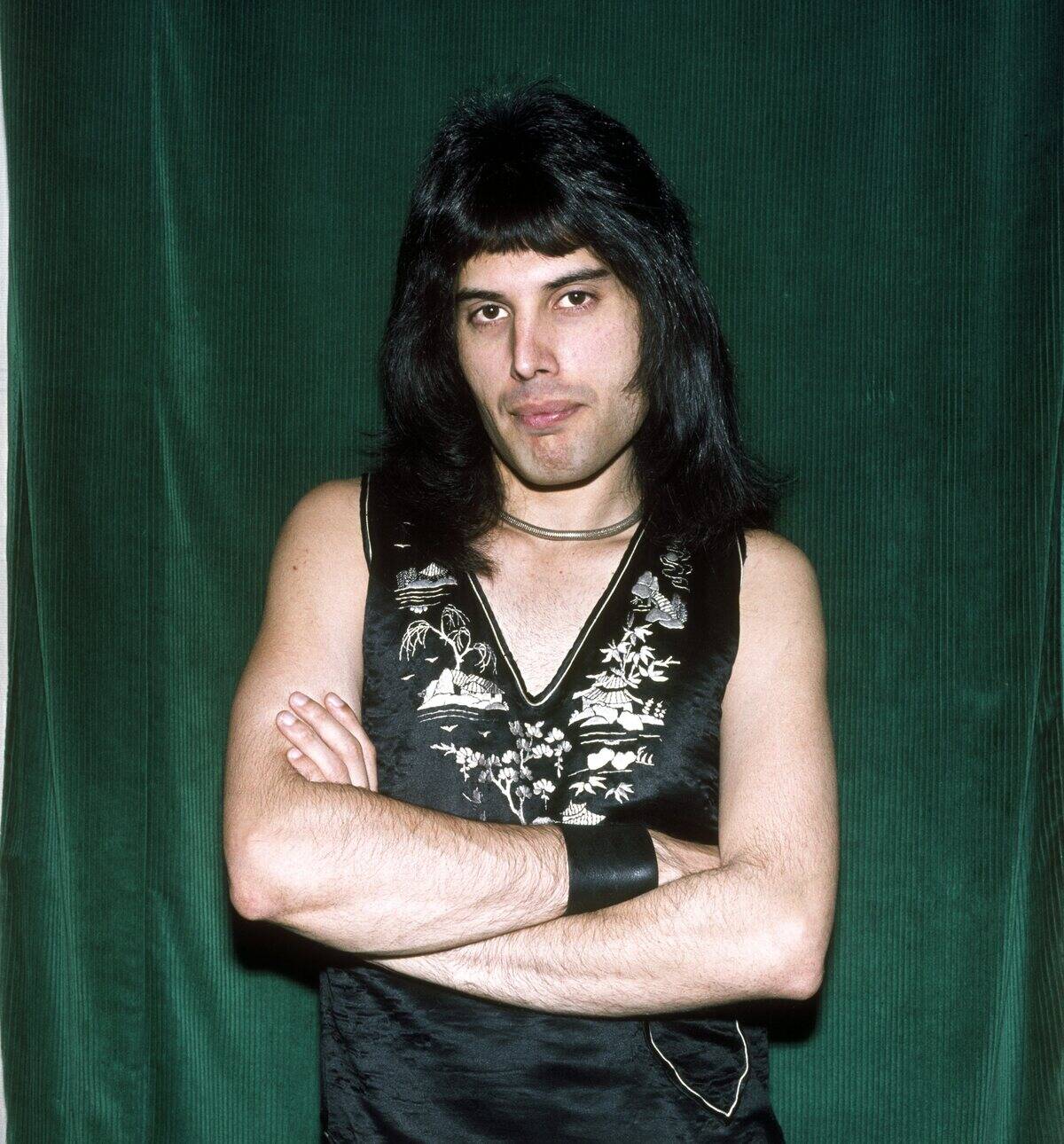
Freddie Mercury, born Farrokh Bulsara, fled Zanzibar during the 1964 revolution, eventually settling in the UK. As the lead vocalist of Queen, Mercury captivated audiences worldwide with his four-octave range and flamboyant stage presence.
Hits like ‘Bohemian Rhapsody’ and ‘We Are the Champions’ remain timeless anthems. Mercury’s influence on music and pop culture is immeasurable, and his legacy lives on as a symbol of artistic freedom and individuality.
Henry Kissinger: Influential Diplomat and Political Theorist
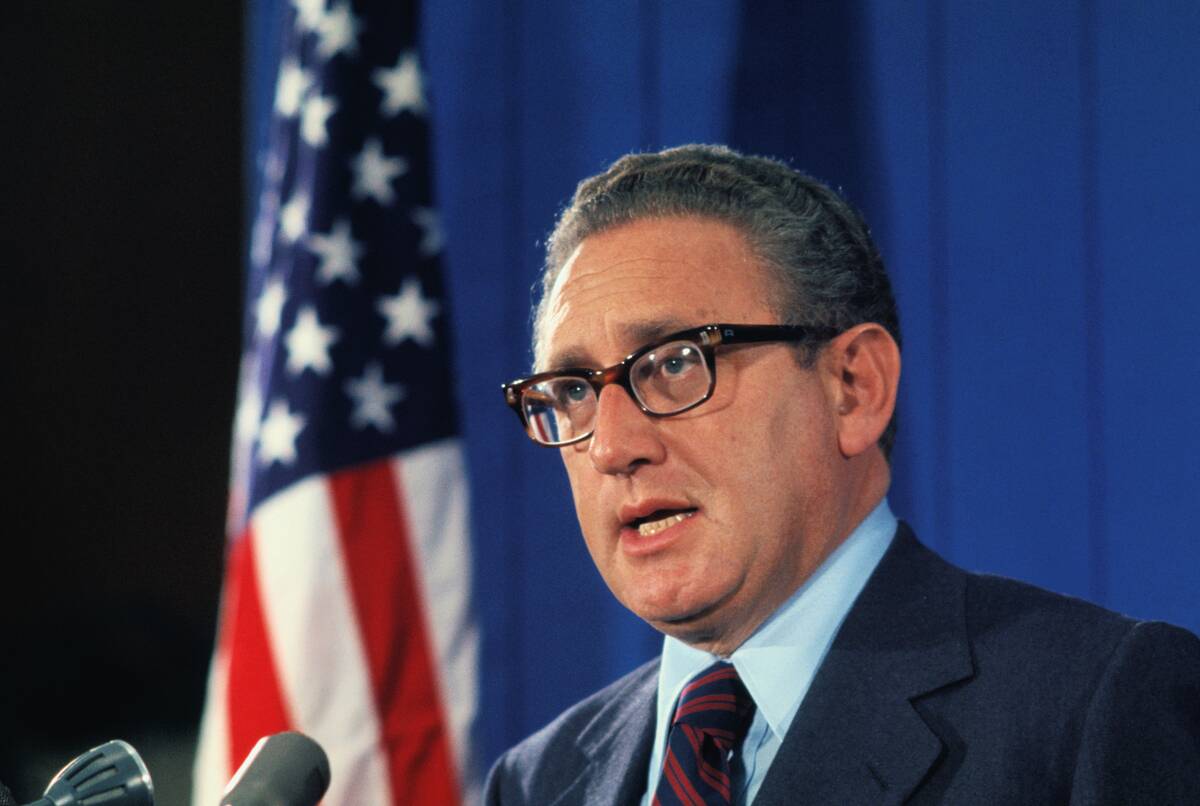
Henry Kissinger, born in Germany, escaped the Nazi regime with his family, settling in the United States. As U.S. Secretary of State and National Security Advisor, Kissinger played a pivotal role in shaping American foreign policy during the Cold War.
He is known for his contributions to détente and his involvement in significant diplomatic efforts, including the opening of relations with China. Kissinger’s legacy is complex, with both praise and criticism for his realpolitik approach to international relations.
M.I.A.: The Boundary-Breaking Music Artist

Born Mathangi Arulpragasam, M.I.A. fled Sri Lanka’s civil war with her family, eventually making her mark in the UK music scene. Known for her eclectic sound and politically charged lyrics, M.I.A. achieved international fame with hits like ‘Paper Planes.’
Her work transcends music, challenging societal norms and advocating for immigrant rights and social justice. M.I.A.’s fearless approach to art and activism continues to resonate, inspiring a new generation of artists.
Thabo Mbeki: From Refugee to President
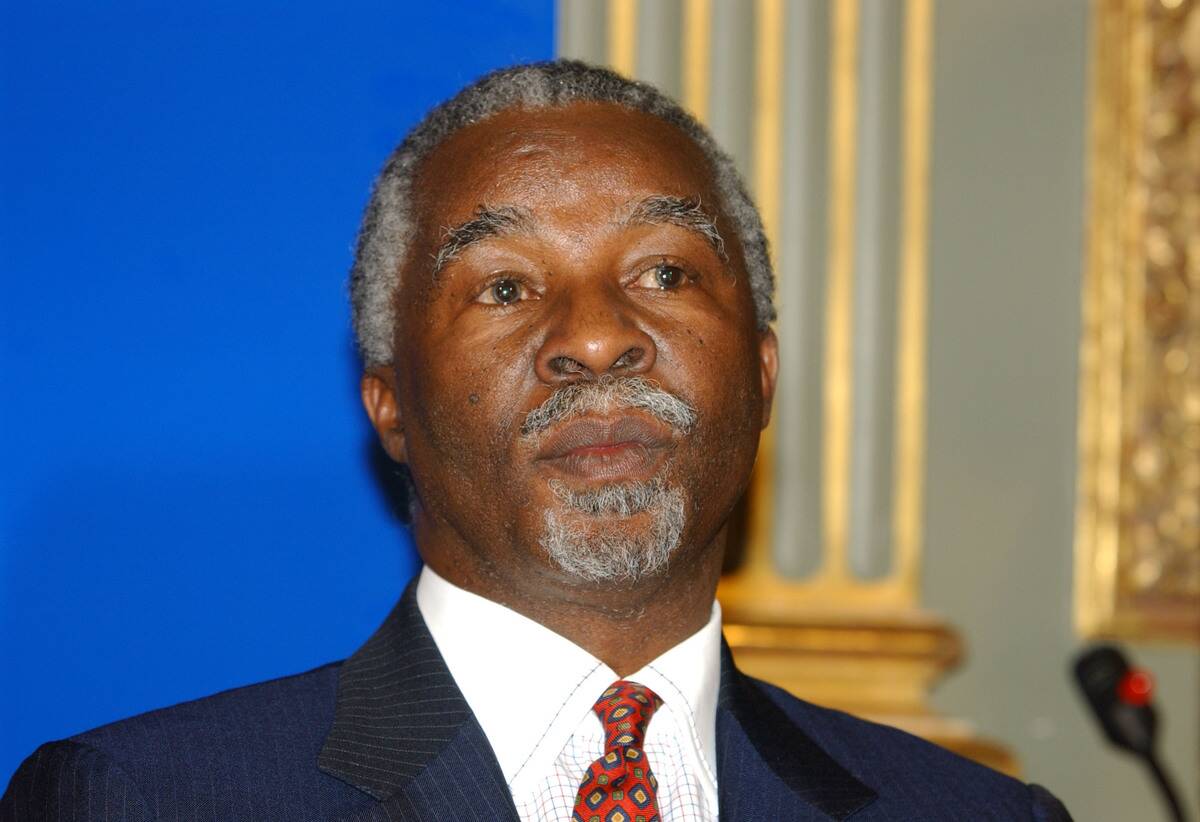
Thabo Mbeki fled South Africa during apartheid, spending years in exile before returning to play a significant role in his country’s transition to democracy. He succeeded Nelson Mandela as President of South Africa, focusing on economic growth and strengthening African unity.
Mbeki’s presidency was marked by efforts to address poverty and promote development, although his misinformed policies on HIV/AIDS caused harmful treatment delays. His journey from exile to leadership highlights the resilience and determination of those who fight for change.



